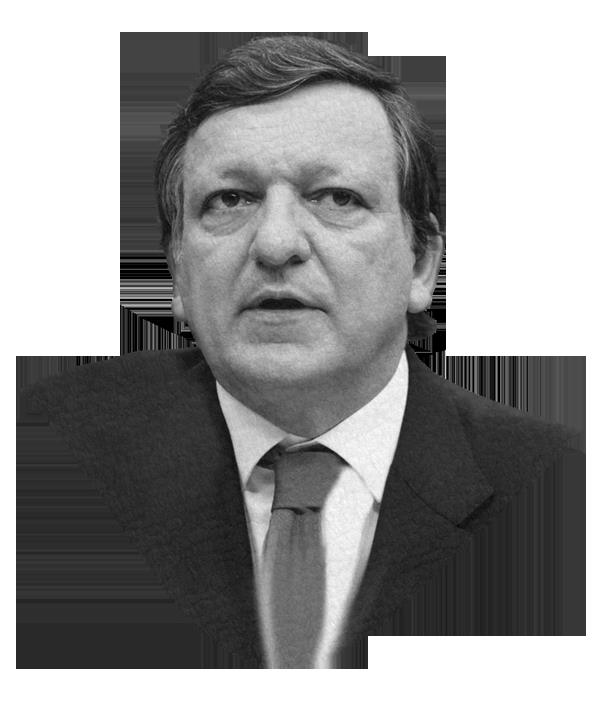
A new study suggests that at the present rate of progress the Arab region’s 39 percent gender gap compared with other regions of the world will take 356 years to close.
Not much of surprise there, given that the Arab world ranks as the lowest region in the world on gender equality. Indeed, none of the Arab countries has achieved full equality when it comes to the sexes, despite advancement in some. That’s the assessment of almost all academic studies on the matter.
The question is, why? And how can this be remedied so the region can reap the benefits from overcoming this inequality?
First, some countries, such as the UAE, Tunisia and Lebanon, have achieved much higher levels of gender equality in some areas. But the region as a whole faces serious barriers to equality, most stemming from conservative cultural norms that in many cases are rooted in religious interpretations, which actually affects all religious minorities in the region: Christians and Jews as well.
Other reasons have more to do with conflicts in the region, the lack of economic opportunities for women and the absence of their political voices because of cultural traditions.
These factors affect some countries more than others. While some rank among the lowest in the world in one dimension such as labor participation, others have done much better. While the UAE, for example, still shares many of the cultural values of other Arab countries, it’s one of the best when it comes to offering economic, even political, opportunities. It’s among the best countries in the region in the number and levels of female participation in politics.
However, with many women in ministerial and senior positions, Lebanon, which enjoys a more liberal culture, has only four parliamentary seats occupied by women, with only 3 percent of ministerial positions and about 5 percent of seats in municipal councils.
These restrictive and conservative cultural values have naturally been reflected in the legal codes of many Arab countries. In many countries, women still suffer serious inequalities in the legal framework.
For example, in countries such as Morocco and Egypt, even when the laws of divorce are reformed to better the situation, women end up losing many of their financial rights or suffer from a lack of information regarding their newly achieved legal rights.
In countries that have eliminated inequality in their constitutions, for example, no longer restricting some political positions to men, such as Tunisia, cultural values still prevent their rise to senior positions in government, such as the presidency, even though many other Islamic countries such as Pakistan and Bangladesh have had female prime ministers, proving the fallacy of religious restrictions on women as leaders.
Excluding and systemically marginalizing one-half of the population from participating fully in the development and dynamics of all aspects of society is a true and even tragic loss, one that will always keep the region lagging behind on almost all developmental indicators if it not addressed soon.
Hafed Al-Ghwell
But economic rights for women still face obstacles such as social stigmas and family pressures that direct women toward opportunities that lack real advancement. For example, most women in Libya are encouraged by family and conservative cultural pressures to become elementary school teachers, doctors or nurses, preventing them from attaining a greater political and economic voice in society.
In most countries in the region, many professions, such as politics or business that involve greater exposures to male interaction, are discouraged due to the preferred cultural norms of separation of the sexes in schools, businesses and other public spaces.
The real and negative combined consequences of all these obstacles facing women weigh heavy on society as a whole, essentially preventing half of society from full participation in the economic and political aspects of their nations, reinforcing these values and passing them on to subsequent generations.
Despite all these regrettable aspects of gender inequality in the Arab world, the situation is improving slowly with greater equality in law, education, politics and the economy, with many constitutional reforms like those in Tunisia.
There is greater political will on behalf of leaders of countries such as the UAE and recently Saudi Arabia to make a change and reform society. Unfortunately, others, such as Libya, suffered serious setbacks in gender equality after the 2011 uprisings, which displaced the more liberal inclinations of the previous regime and allowed many of the conservative movements to rise to prominence and power.
To make serious, deep progress on this issue, Arab societies need to approach it in a holistic manner on all levels, most importantly by enlisting the help and full participation of women in wide-ranging public discussions on the issue, encouraging new and more progressive interpretations of religious texts and challenging the historical ones siding with some male interpretations.
The situation also needs more efforts to address this imbalance. Rima Khalaf, Executive Secretary for the UN Economic and Social Commission for Western Asia, said in her commemoration of International Women’s Day in 2016: “We are celebrating the many achievements of Arab women in sciences, literature and arts, but primarily in the art of survival.”
Excluding and systemically marginalizing one-half of the population from participating fully in the development and dynamics of all aspects of society is a true and even tragic loss, one that will always keep the region lagging behind on almost all developmental indicators if it not addressed soon. This crucial issue will prevent future generations from reaching their full potential in a world that now demands the full efforts of every citizen to build and maintain the future.
Hafed Al-Ghwell is a former adviser to the board of directors at the World Bank Group. Twitter: @HafedAlGhwell












